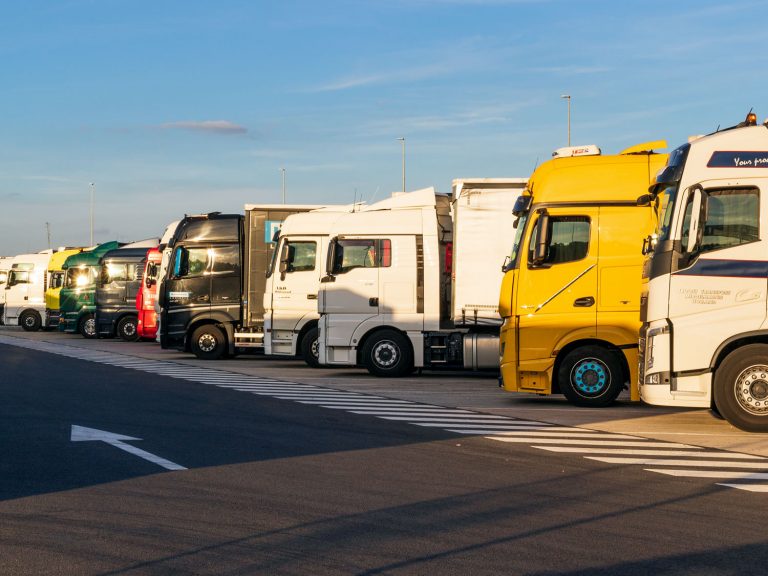
Date:
Brexit delays and confusion causing logistics delays and headaches
The Channel ports may be quiet, but behind the scenes drivers are being held up for hours and even days because they lack the right documents. European carriers are suspending UK services and European located businesses have stopped serving UK markets.
The end of the Brexit transition period came into effect on the 1st January, but the FTA between the EU and UK was only agreed on the 23rd December and even with retailers and manufacturers stockpiling (in anticipation of issues in the new year) the lower traffic has not stopped fallout.
Citing problems with new border regulations and processes, a number of courier, pallet and freight carriers are not accepting UK-bound consignments and the cost of moving full truckloads from France to the UK rose significantly above the third-quarter average last week.
After the initial lull, demand for transport with Europe increased last week to 78% of the average for the time of year and there is a likelihood that rates will increase even further as a result of Brexit.
As with any new processes, the first few weeks are always going to be a sharp learning curve and the new UK/EU requirements should soon become the norm, but we are dealing with complex changes and it’s arguably simpler to send something to Ghana than it is to send something to Germany.
The new regulations add complexity and process, which increases time, resource needs and costs. And it’s not just about ensuring compliance. Our objective is to find a way to support our customers, whilst keeping their customers happy and delivering as close to the level of service standards as pre-Brexit.
We do currently have a much more complicated supply chain system for Europe than we do for going anywhere else and we will work hard to simplify processes for, and guide our customers through these complexities, so their European supply chains are protected.
Under the new rules, shipments should be pre-cleared and rules of origin will be enforced, with EU officials on the lookout for third-country products and components, which is why it is critical that all commercial invoices carry an appropriate declaration of origin in the specified format that we have advised over recent months.
The logistics and freight sector associations have long been warning of a shortage of trained staff to fill out the extra expected 500 million customs declarations that are now required each year for goods moving between Britain and the EU.
The shortfall in customs brokers is massive and has left many shippers unable to find the support they need.
EU border authorities insist that trucks arriving from Britain have been almost totally non-compliant in terms of permits and paperwork and have been sending non-compliant trucks back to the UK, yet many exporters are struggling to acquire the required transit documents, because of a shortage of agents with the authority to issue them.
Transit documents, which allow goods to enter the European Union without delay require Custom’s authorisation and a financial guarantee, to cover any taxes or duties on the goods being moved — but they have almost all been committed and firms wanting to apply for a transit guarantee or increase the size of their existing one have struggled because of delays at HMRC.
Metro are monitoring the cross-channel situation closely and continue to submit import and export customs transactions through our CuDoS system, to keep our customers’ European supply chains optimised and moving. Our platform is getting slicker as the experience builds and the rules of trade and transport become clearer on a daily basis.
Please contact Andrew White, leading our customs and brokerage business unit, for further information.
